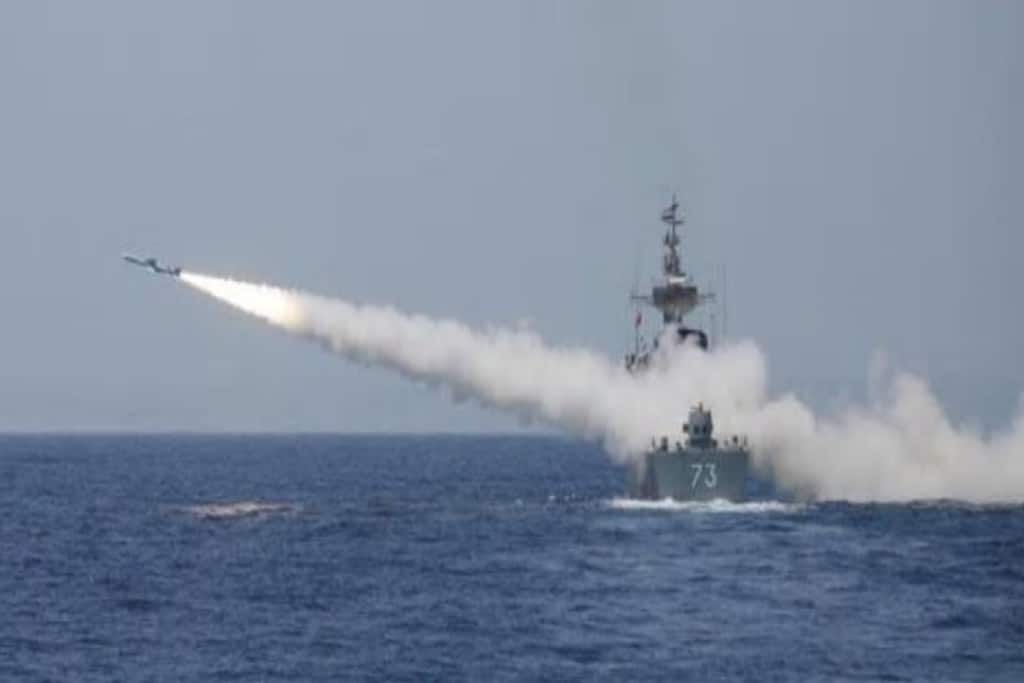By Denis Korkodinov
Tehran from now on does not intend to avoid any actions that could be used as casus belli. As a result of increased US pressure, the ayatollahs regime is likely to prefer not to limit itself in the application of preventive strikes against US and Saudi Arabia. In the Gulf of Oman, Iran has already demonstrated its determination to defend its interests by any means.
Tehran will not be passively on the area for how Washington and its allies are tightening their policies in the Middle East. In this regard, the Ayatollah regime has the ability to inflict a series of cyber attacks on the vital objectives of the American infrastructure.
In addition, as a response to threats from Riyadh, drones of Iranian allies in Yemen can be used to attack Saudi targets. At the same time, the most awaited scenario for the development of events is most likely not a single attack of UAVs, but the use of a whole “swarm” of UAVs to damage the oil pipeline, water supply systems, and power lines located deep in Saudi Arabia.
The widespread use of ballistic missiles is probably also included in Tehran’s plans, on the assumption that such actions can be viewed as leading a similar response to Riyadh’s rocket attacks in Yemen.
As a result of the American sanctions, the Strait of Hormuz was virtually blocked for Iran. Therefore, in order to protect its economic interests, Tehran can resume strikes against any targets that will be considered as a threat to maritime traffic.
Among other things, despite the fact that the Ayatollah regime has so far assured to adhere to its obligations to ban chemical and biological weapons, due to pressure from the White House administration, he may consider himself free of any obligations, especially since to create weapons of mass destruction Iran has great potential.
At the same time, Tehran does not even need to really engage in the manufacture of chemical or biological weapons. It suffices only to publicly declare this so that the international community will perceive these threats as real.
Analysts of the concept of an unforeseen attack, among which the most prominent role is played by the director of the international security policy program at the School of International and Public Relations at Columbia University Richard Betts, believe that it is almost impossible to foresee all scenarios of military events.
However, focusing solely on obvious phenomena and ignoring, at first glance, minor details can have catastrophic details. For example, the attack of Japanese military aviation on the American port of Pearl Harbor during World War II was possible only because the US administration paid too close attention to the public performance of Japanese politicians, but did not pay attention to the hidden military preparations of official Tokyo.
It is worth noting that Tehran has become accustomed to resist to US over the past 40 years. Back in the late 1980s, Iranian President Hashemi Rafsanjani officially stated that chemical and biological weapons could also be a unique opportunity for the Ayatollah regime to contain pressure from Washington. In other words, even then Tehran had the capacity to manufacture weapons of mass destruction, which is now fashionable to be in demand.
Under these conditions, Iran can offer strong resistance to the White House administration. The Iranian threat is real. However, this threat could not arise if the United States will not provoke the conflict.
(The opinions expressed in this article are solely those of the author and do not necessarily reflect the views of World Geostrategic Insights).







